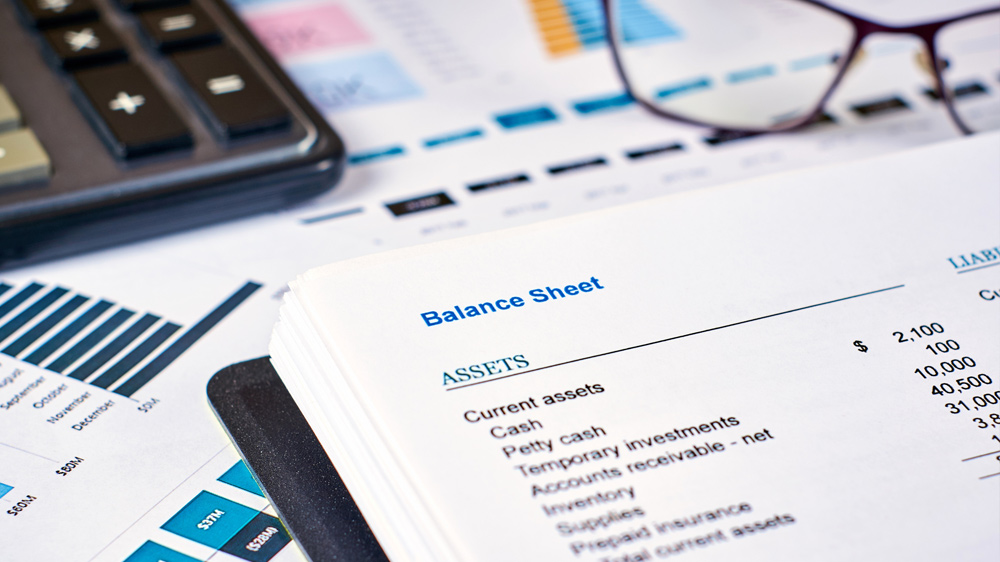-
Business Expansion Funding

Business Expansion Funding Why Is Funding for Business Expansion Important? Expanding a business is a major step toward increasing profits, gaining market share, and achieving long-term success. However, it often requires significant financial resources to support initiatives like entering new markets, launching products, hiring staff, or upgrading technology. Adequate funding ensures smooth operations, helps maintain…
-
Can Nonprofits Get Merchant Cash Advances?

Can Nonprofits Get Merchant Cash Advances? Why Most Lenders Say No The short answer is: it’s complicated. Most merchant cash advance (MCA) providers don’t work with nonprofits, though there are exceptions. Here’s why nonprofits are often excluded: Different business model: MCAs are designed for businesses with regular daily sales. Nonprofits typically rely on donations, grants,…
-
The Future of Small Business Funding Without Banks

The Future of Small Business Funding Without Banks Technology Is Changing Everything The way small businesses access capital is evolving rapidly, and banks are no longer the only option. Advances in technology and innovative lending models are making it easier, faster, and more affordable for business owners to secure the funding they need—without ever stepping…
-
Business Loans for Construction Companies

Business Loans for Construction Companies Construction businesses often face unique financial challenges—long project timelines, upfront material costs, and unpredictable weather delays. That’s why business loans tailored for construction companies can play a crucial role in managing operations and funding growth. Why Construction Companies Need Financing Construction projects often require significant upfront spending before any payment…
-
The Best Time of Year to Apply for Business Funding

The Best Time of Year to Apply for Business Funding Timing can be the difference between a successful loan application and a missed opportunity. Just like planting at the right season yields the best harvest, applying for business funding when lenders are most active can improve your chances and help you lock in better terms.…
-
Common Mistakes to Avoid with Merchant Advances

Common Mistakes to Avoid with Merchant Advances Merchant cash advances can offer fast funding, but they come with high costs and potential pitfalls. Many business owners make the same avoidable mistakes. Here’s how to spot them—and what to do instead. Mistake 1: Not Understanding the True Cost That “1.3 factor rate” might sound like 30%…
-
Can You Pay Off a Merchant Advance Early?

Can You Pay Off a Merchant Advance Early? Yes—most of the time you can pay off a Merchant Cash Advance (MCA) ahead of schedule. But should you? That depends entirely on your contract. Many MCAs don’t offer significant savings for early payoff, so it’s important to read the fine print first. How Early Payoff Typically…
-
Do You Need a Business Plan to Get a Merchant Cash Advance?

Do You Need a Business Plan to Get a Merchant Cash Advance? If you’re thinking about using a merchant cash advance (MCA) to fund your business, you might wonder if you need a formal business plan. The short answer: not usually. But understanding what MCA lenders actually care about can help you secure funding faster—and…
-
Can You Use a Merchant Cash Advance for Payroll?

Can You Use a Merchant Cash Advance for Payroll? Managing payroll is one of the most critical aspects of running a business. When cash flow gets tight, some business owners consider using a Merchant Cash Advance (MCA) to bridge the gap. But is this a smart move? What Is a Merchant Cash Advance? An MCA…